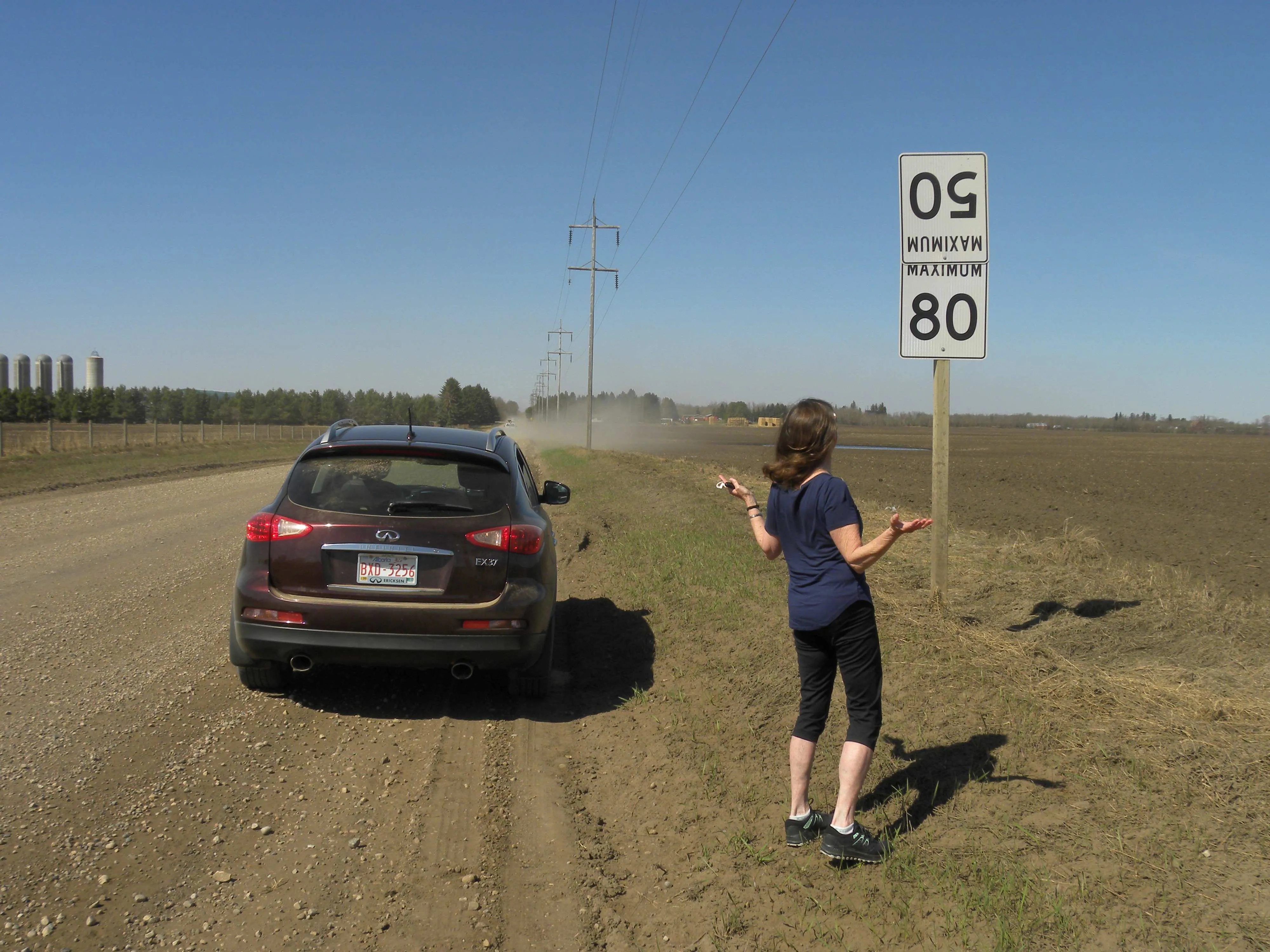Impressive gains have been made in Europe in reducing road deaths, but it is unlikely EU targets will be met as planned. As Portugal prepares to host the 16th International Road Federation (IRF) World Road Meeting next year it can reflect on the impressive gains it has made in cutting road deaths.
July 12, 2012
Read time: 4 mins

Impressive gains have been made in Europe in reducing road deaths, but it is unlikely EU targets will be met as planned
As Portugal prepares to host the 16th713 International Road Federation (IRF) World Road Meeting next year it can reflect on the impressive gains it has made in cutting road deaths.
And for many other countries in Europe, aiming to halve the number of road deaths by 2010, recent figures on road safety from a number of organisations are also encouraging.
The IRF meeting (www.irfnet.org) with the appropriate theme of Sharing the Road will be held in the Portuguese capital Lisbon from 25-28 May when road safety will be high on the agenda.
Luxembourg, France and Portugal, already the top three for their progress up to 2007, keep their leading positions with "outstanding" reductions of 49%, 48% and 47% respectively up to 2008.
According to the1197 European Transport Safety Council (ETSC), which has analysed European Union and national performance in road safety, the fatality rate on Europe's roads declined in 2008, compared with 2007.
Around 39,000 people were killed in road collisions in 2008 in the 27 EU nations, a drop of 15,400 from 2001, and while encouraging, it is still far short of halving the road deaths to 27,000 that the EU set as a target for 2010.
The average annual reduction since 2001 has been only 4.4% instead of the 7.4% needed, and this could delay the EU in reaching the target until 2017, according to the data comes from the ETSC.
After a particularly bad 2007, the year 2008 saw a promising decrease in road deaths by 8.5% (the best year-to-year reduction since 2001).
Estonia (-33%), Lithuania (-33%), Slovenia (-27%) and Latvia (-25%) achieved the best reductions in 2008 but still have some of the highest road death rates in the EU.
In 2008, for the first time ever, the ten eastern European nations that most recently joined the economic bloc achieved the same year-on-year percentage reduction in road deaths as the 15 nations that have been members for many years.
The reduction in road deaths in 2008 can be partly attributed to reduced traffic volume following the recent economic recession and relatively high petrol prices earlier in the year. The Baltic States and Hungary were particularly affected, and the UK, France and Germany to a lesser extent.
"Clearly the economic downturn has had a significant short term impact on traffic volume in some countries but the relative importance of traffic volume and policy interventions in reducing fatalities can not yet be disentangled with certainty. Figures from the International Transport Forum (ITF) for six countries provide information on fatalities per vehicle-kilometre travelled. This shows improvement in 2008 and indicates the significance of factors other than traffic volume in reducing fatalities, including policy interventions," says the ITF, which with the Organisation for Economic Cooperation and Development (OECD), maintains3444 IRTAD (International Road Traffic and Accident Database).
While Luxembourg, France and Portugal keep their leading positions up to 2008, Spain and Latvia are catching up with reductions of more than 43% for which they have been recognised with the ETSC's 2009 Road Safety PIN Award.
Belgium with 38% resumed in 2008 the good progress it was making early in the decade. Good progress was also made by countries with a longer tradition of road safety such as Germany (-36%), Switzerland (-34%), the Netherlands
(-31%) and Sweden (-28%). In Romania and Bulgaria, however, the number of road deaths was higher in 2008 than in 2001, and Slovakia and Poland have not made any substantial progress.
Sweden, the Netherlands and the UK remain the safest European countries, behind Malta. Switzerland and Norway have been among the frontrunners in Europe for some time and Germany is close on the heels of the leading group.
"Ireland, Spain, France, Luxembourg, Portugal and Belgium all used to be underperformers, but now have a medium level of road safety. Disparity in road death rates across Europe has decreased since 2001, and in 2008 there was no longer any EU country with more than 150 road deaths/million inhabitants," says the ETSC.
Despite individual countries' progress, the EU as a whole is likely to fail to reach its 2010 Target. The EU15 originally set the target and might halve the number of deaths with a delay of just two years. But for the EU27 reaching the target on time appears unrealistic, since it would require an annual reduction of 17% in both 2009 and 2010.
"It is high time for the EU to come forward with a new Road Safety Action Programme for the next decade," said ETSC executive director Antonio Avenoso. "New targets must be set for 2020 which will mobilise action at a joint European level, and more EU instruments, like structural funds for transport, should be used in order to further bring down deaths and disabilities on our roads."
As Portugal prepares to host the 16th
And for many other countries in Europe, aiming to halve the number of road deaths by 2010, recent figures on road safety from a number of organisations are also encouraging.
The IRF meeting (www.irfnet.org) with the appropriate theme of Sharing the Road will be held in the Portuguese capital Lisbon from 25-28 May when road safety will be high on the agenda.
Luxembourg, France and Portugal, already the top three for their progress up to 2007, keep their leading positions with "outstanding" reductions of 49%, 48% and 47% respectively up to 2008.
According to the
Around 39,000 people were killed in road collisions in 2008 in the 27 EU nations, a drop of 15,400 from 2001, and while encouraging, it is still far short of halving the road deaths to 27,000 that the EU set as a target for 2010.
The average annual reduction since 2001 has been only 4.4% instead of the 7.4% needed, and this could delay the EU in reaching the target until 2017, according to the data comes from the ETSC.
After a particularly bad 2007, the year 2008 saw a promising decrease in road deaths by 8.5% (the best year-to-year reduction since 2001).
Estonia (-33%), Lithuania (-33%), Slovenia (-27%) and Latvia (-25%) achieved the best reductions in 2008 but still have some of the highest road death rates in the EU.
In 2008, for the first time ever, the ten eastern European nations that most recently joined the economic bloc achieved the same year-on-year percentage reduction in road deaths as the 15 nations that have been members for many years.
The reduction in road deaths in 2008 can be partly attributed to reduced traffic volume following the recent economic recession and relatively high petrol prices earlier in the year. The Baltic States and Hungary were particularly affected, and the UK, France and Germany to a lesser extent.
"Clearly the economic downturn has had a significant short term impact on traffic volume in some countries but the relative importance of traffic volume and policy interventions in reducing fatalities can not yet be disentangled with certainty. Figures from the International Transport Forum (ITF) for six countries provide information on fatalities per vehicle-kilometre travelled. This shows improvement in 2008 and indicates the significance of factors other than traffic volume in reducing fatalities, including policy interventions," says the ITF, which with the Organisation for Economic Cooperation and Development (OECD), maintains
While Luxembourg, France and Portugal keep their leading positions up to 2008, Spain and Latvia are catching up with reductions of more than 43% for which they have been recognised with the ETSC's 2009 Road Safety PIN Award.
Belgium with 38% resumed in 2008 the good progress it was making early in the decade. Good progress was also made by countries with a longer tradition of road safety such as Germany (-36%), Switzerland (-34%), the Netherlands
(-31%) and Sweden (-28%). In Romania and Bulgaria, however, the number of road deaths was higher in 2008 than in 2001, and Slovakia and Poland have not made any substantial progress.
Sweden, the Netherlands and the UK remain the safest European countries, behind Malta. Switzerland and Norway have been among the frontrunners in Europe for some time and Germany is close on the heels of the leading group.
"Ireland, Spain, France, Luxembourg, Portugal and Belgium all used to be underperformers, but now have a medium level of road safety. Disparity in road death rates across Europe has decreased since 2001, and in 2008 there was no longer any EU country with more than 150 road deaths/million inhabitants," says the ETSC.
Despite individual countries' progress, the EU as a whole is likely to fail to reach its 2010 Target. The EU15 originally set the target and might halve the number of deaths with a delay of just two years. But for the EU27 reaching the target on time appears unrealistic, since it would require an annual reduction of 17% in both 2009 and 2010.
"It is high time for the EU to come forward with a new Road Safety Action Programme for the next decade," said ETSC executive director Antonio Avenoso. "New targets must be set for 2020 which will mobilise action at a joint European level, and more EU instruments, like structural funds for transport, should be used in order to further bring down deaths and disabilities on our roads."









